Ever wondered what happens when you combine the mystical depths of the ocean with the emotional intensity of the zodiac’s most sensitive sign? The frozen Arctic waters hold secrets that mirror the profound emotional landscape of Pisces in ways that might surprise you. While most people think of the Arctic as a harsh, unforgiving place, it’s actually home to some of the most emotionally intelligent creatures on Earth.
The connection between Pisces and Arctic animals isn’t just poetic – it’s surprisingly scientific. These icy waters nurture beings that embody the very essence of what makes Pisces so special: deep emotional intelligence, intuitive communication, and an almost mystical connection to their surroundings. Let’s dive into this fascinating world where astrology meets marine biology.
The Arctic’s Most Empathetic Resident
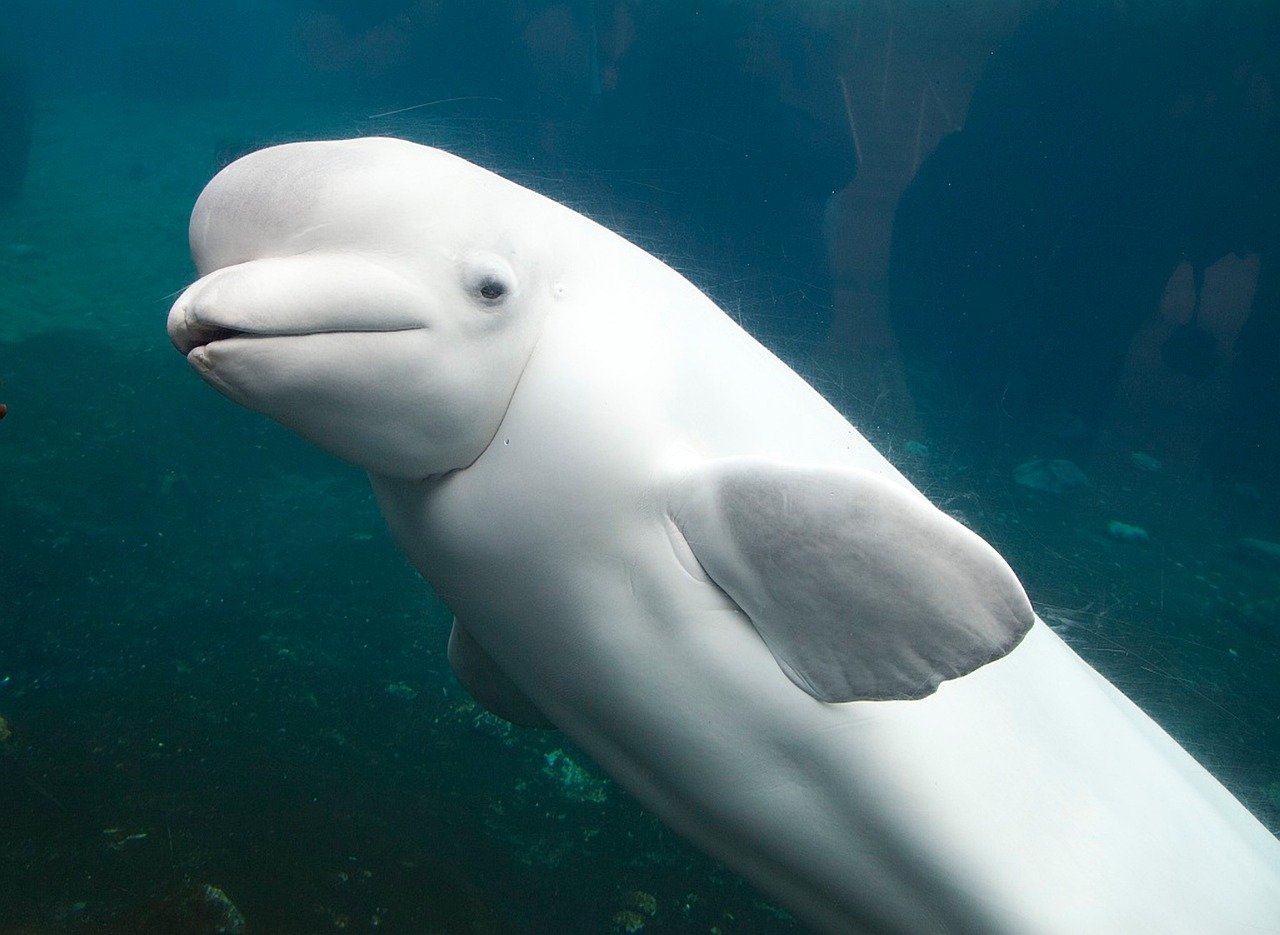
Beluga whales, also known as ‘white whales’, are social and smart marine mammals that are well adapted to living in very cold waters. These remarkable creatures stand out as the Arctic’s most emotionally sophisticated inhabitants, displaying sensitivity levels that would make any Pisces proud.
Belugas exhibit a remarkable level of empathy, often coming to the aid of injured or distressed pod members, demonstrating their complex emotional intelligence. This isn’t just survival instinct – it’s genuine care and concern for their community members. Imagine having a friend who always knows exactly when you need support, even before you ask for it. That’s essentially what beluga whales do for each other every single day.
The Canaries of the Sea and Their Vocal Emotions
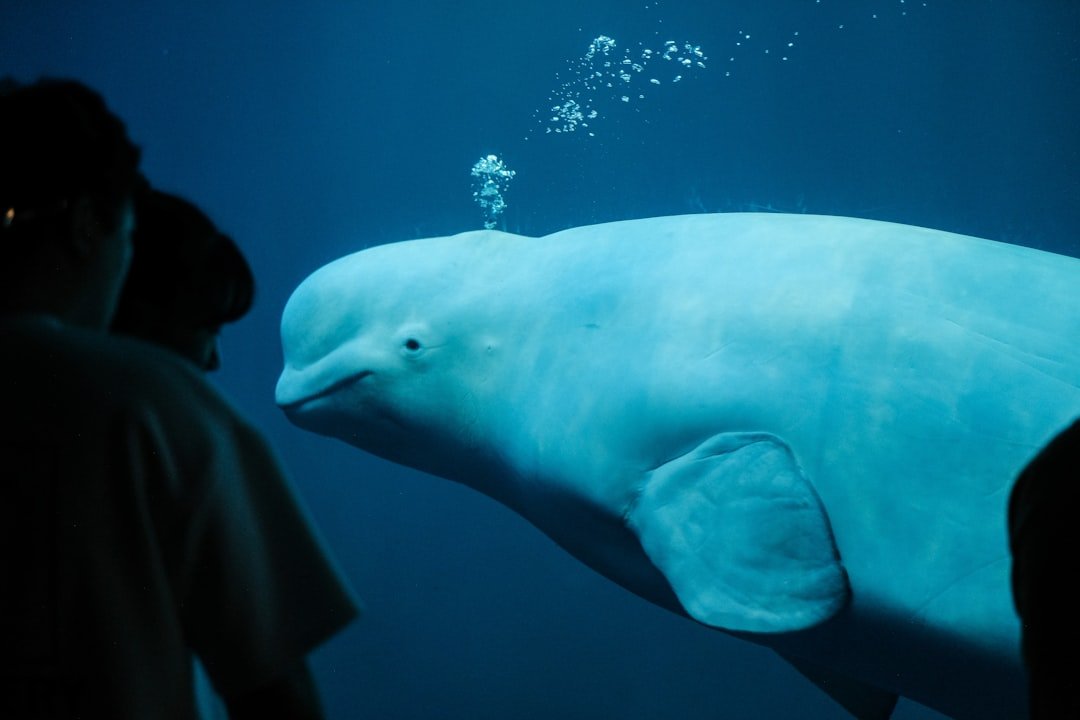
They’re also nicknamed the “canary of the seas”, thanks to the unique noises they make to communicate that can sound songlike. This musical quality resonates deeply with Pisces’ artistic nature and their ability to express emotions through creative means.
Beluga whales are renowned for their rich and varied vocalizations, earning them the nickname “canaries of the sea.” Their communication repertoire includes a wide array of sounds such as clicks, whistles, and chirps, each serving distinct purposes. These vocalizations play a pivotal role in maintaining social cohesion within pods, allowing individuals to coordinate activities and navigate their environments. Much like how Pisces individuals often communicate through subtle emotional cues and artistic expression, belugas use their complex vocal language to maintain deep emotional connections with their pod members.
Extraordinary Sensory Awareness
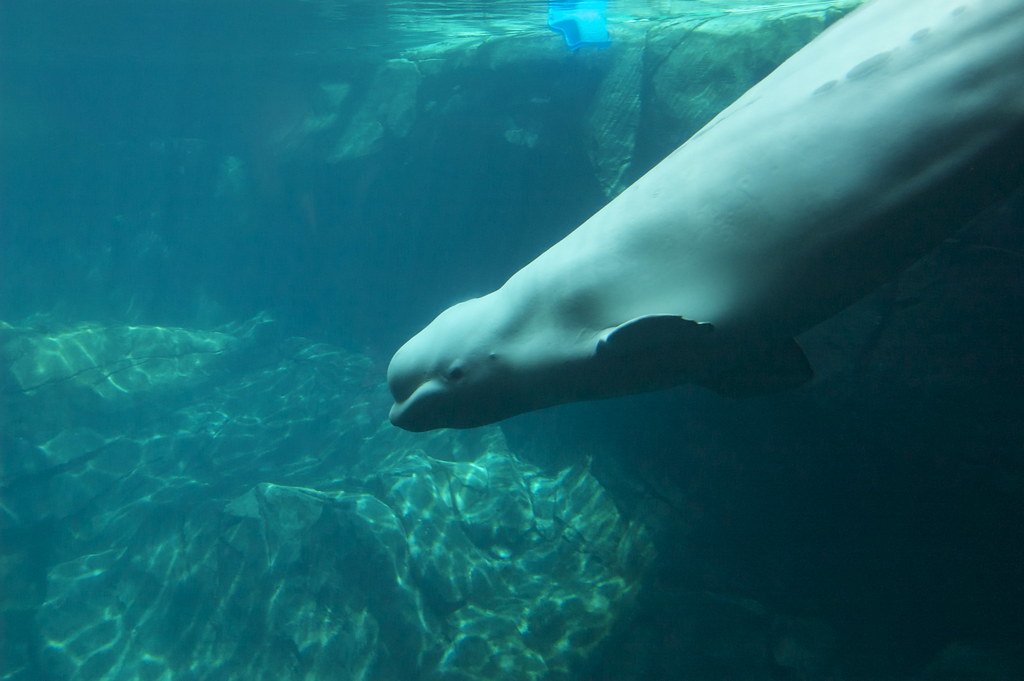
Belugas have well-developed skin sensitivity which plays an important role in tactile-oriented social behavior. This heightened physical sensitivity mirrors the emotional sensitivity that defines Pisces individuals.
The comparison becomes even more striking when you consider how both belugas and Pisces process their environment. Their incredible echolocation abilities, however, make them sensitive to underwater noise pollution. Just as Pisces can become overwhelmed by too much emotional stimulation, belugas can be deeply affected by environmental disturbances that other species might barely notice.
Deep Emotional Bonds and Social Structures
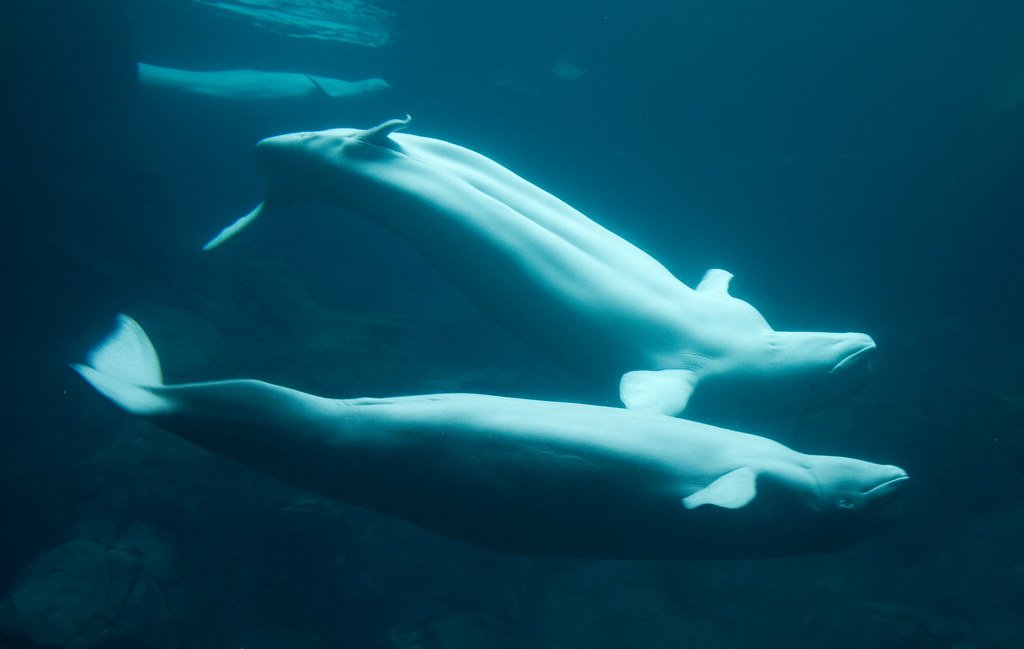
Beluga whales are known for their intricate social structures, which contribute significantly to their survival and adaptability. These marine mammals are highly sociable, often found in pods ranging from a few individuals to hundreds. This social organization is fluid, with belugas frequently joining and leaving groups based on factors like food availability, breeding, and environmental conditions.
This flexible yet deeply connected social structure perfectly mirrors how Pisces individuals navigate relationships. They form intense bonds but also need the freedom to flow between different social circles based on their emotional needs. The composition of beluga pods is typically matriarchal, with females and their calves forming the core, while adult males may transition between different groups. This matrilineal structure supports the transmission of knowledge across generations, as experienced females lead and teach younger members. The strong bonds within these pods facilitate cooperative behaviors, such as coordinated hunting, which enhances their ability to capture prey.
Nurturing Nature and Parental Devotion
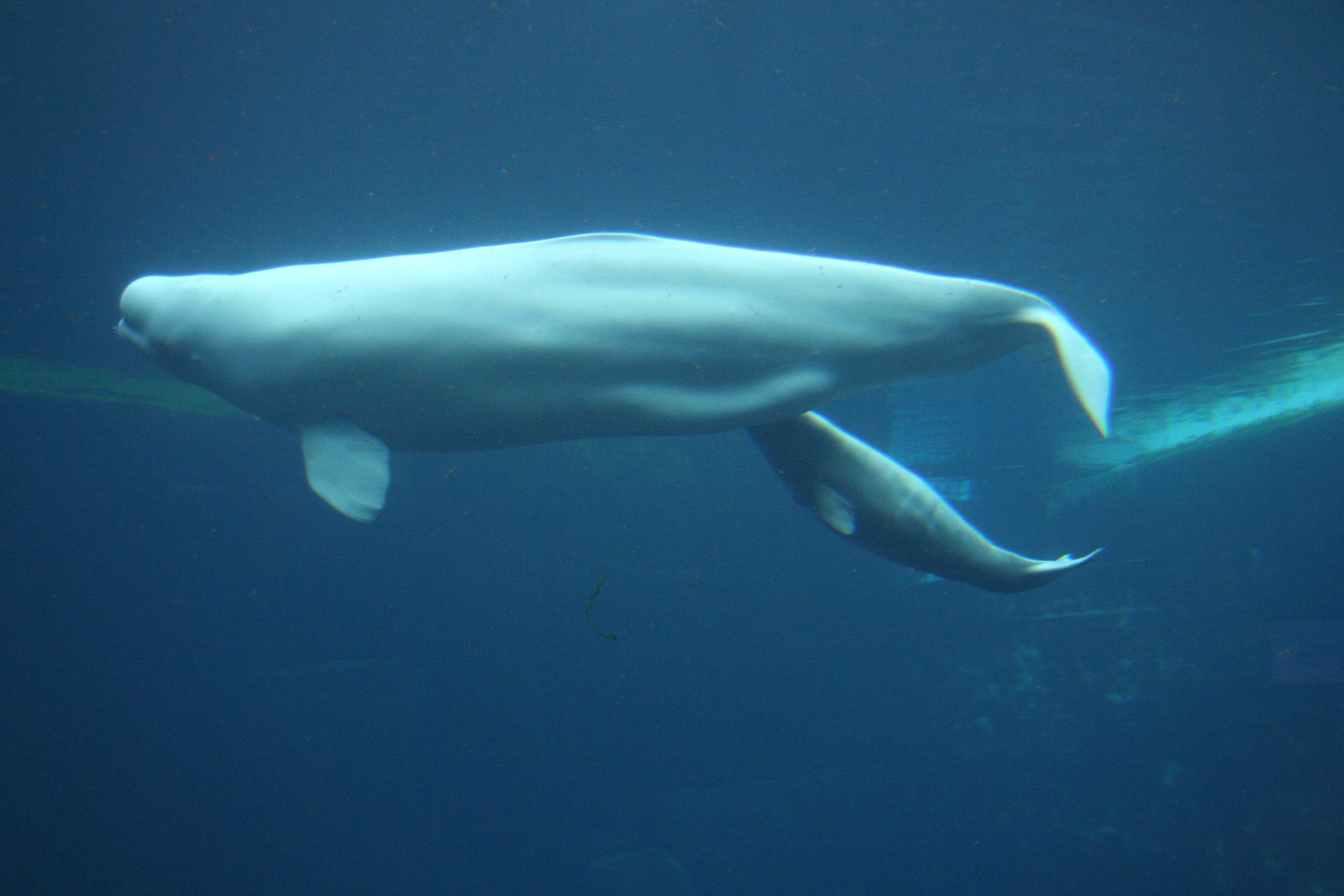
Upon birth, the calf is immediately dependent on its mother’s rich, nutrient-dense milk, which supports rapid growth and development. The mother-calf bond is robust, characterized by close proximity and constant communication, ensuring the calf learns essential survival skills. Mothers are often assisted by other females in the pod, an example of alloparental care that underscores the collaborative nature of beluga social structures. This communal effort in rearing young is beneficial, as it allows the calf to receive protection and guidance from multiple caregivers.
This community-based approach to raising young reflects the Pisces tendency to create chosen families and provide emotional support not just to their own loved ones, but to anyone in their community who needs care. It’s that classic Pisces trait of putting others’ well-being before their own, but in a healthy, sustainable way.
Complex Emotional Processing
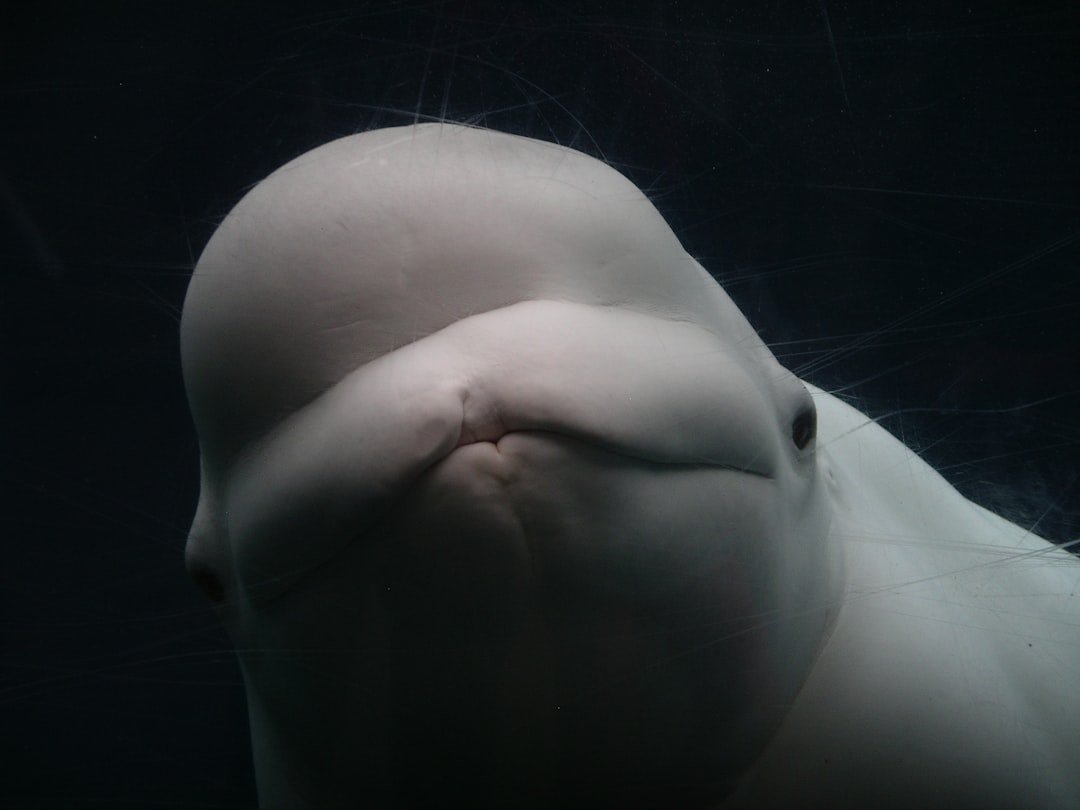
By studying brains extracted from whale carcasses, researchers have discovered von Economo neurons, a type of nerve cell associated with the processing of complex emotions. Previously, these neurons had only ever been documented in humans, certain great apes and elephants. To date, they have now been observed in humpback whales, fin whales, sperm whales, killer whales, bottlenose dolphins, and Risso’s dolphins, with similar complex emotional processing likely present in belugas.
This scientific discovery provides concrete evidence that belugas possess the neurological hardware for processing complex emotions – just like humans do. This part of the brain is involved in consciousness and self-awareness as well as processing emotions such as empathy and compassion. For Pisces individuals who often feel misunderstood for their emotional depth, knowing that belugas share this neurological complexity might feel like validation from the natural world itself.
Adaptive Sensitivity to Environment
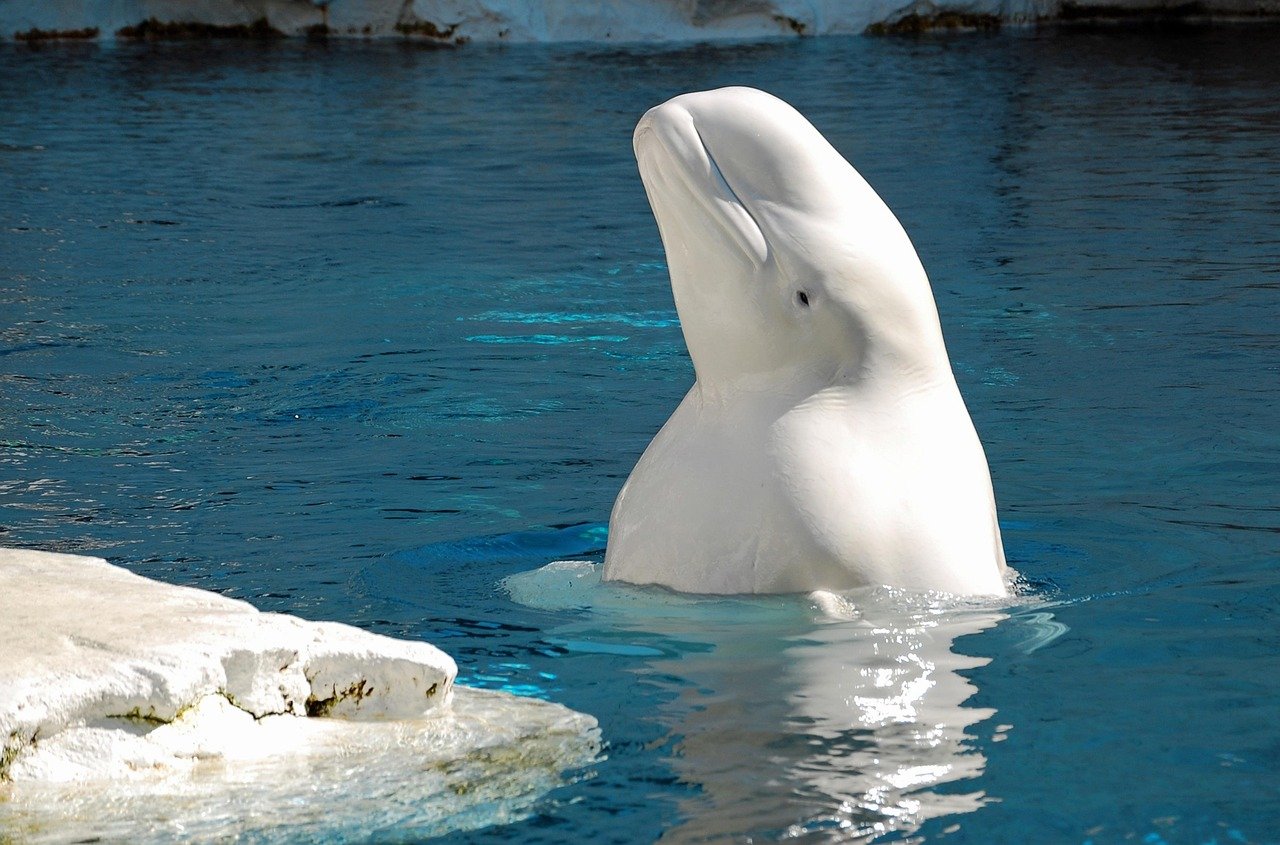
Some evidence indicates that belugas are highly sensitive to noise produced by humans. Research has shown that belugas can adjust their call frequencies in response to different acoustic environments, demonstrating their remarkable vocal plasticity. The difference in frequencies is thought to be a response to the difference in environmental noise in the two areas.
This remarkable ability to adjust their communication style based on their environment showcases the kind of adaptive sensitivity that Pisces individuals know all too well. Just as a Pisces might speak more softly in a crowded room or become more animated in a comfortable setting, belugas instinctively modify their behavior to match their surroundings.
Mysterious Depths and Hidden Complexities
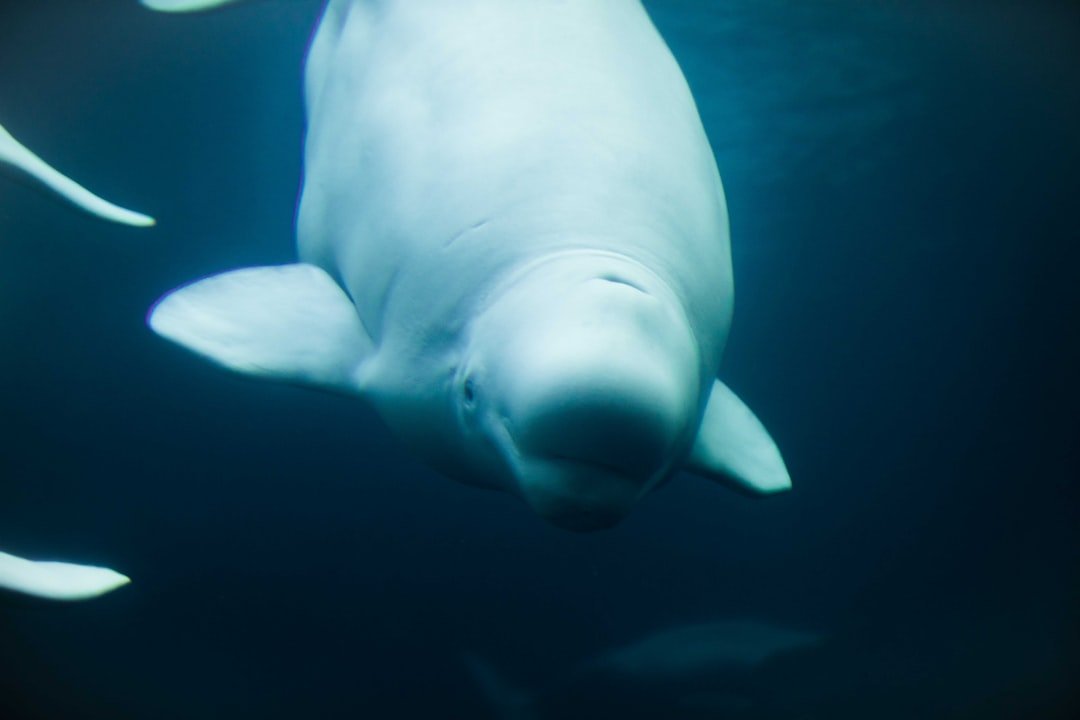
Like Pisces individuals who often keep their deepest thoughts and feelings hidden beneath the surface, belugas maintain an air of mystery despite being extensively studied. Beluga whales may share Arctic habitats with bowhead whales, both species utilizing polynyas (open water areas) for breathing access in ice-covered waters.
This behavior demonstrates both curiosity and strategic thinking – qualities that Pisces individuals possess in abundance. They’re drawn to explore the unknown while also being practical enough to form alliances that serve everyone’s best interests. It’s this combination of dreamy exploration and intuitive wisdom that makes both belugas and Pisces so fascinating.
Healing and Helper Instincts
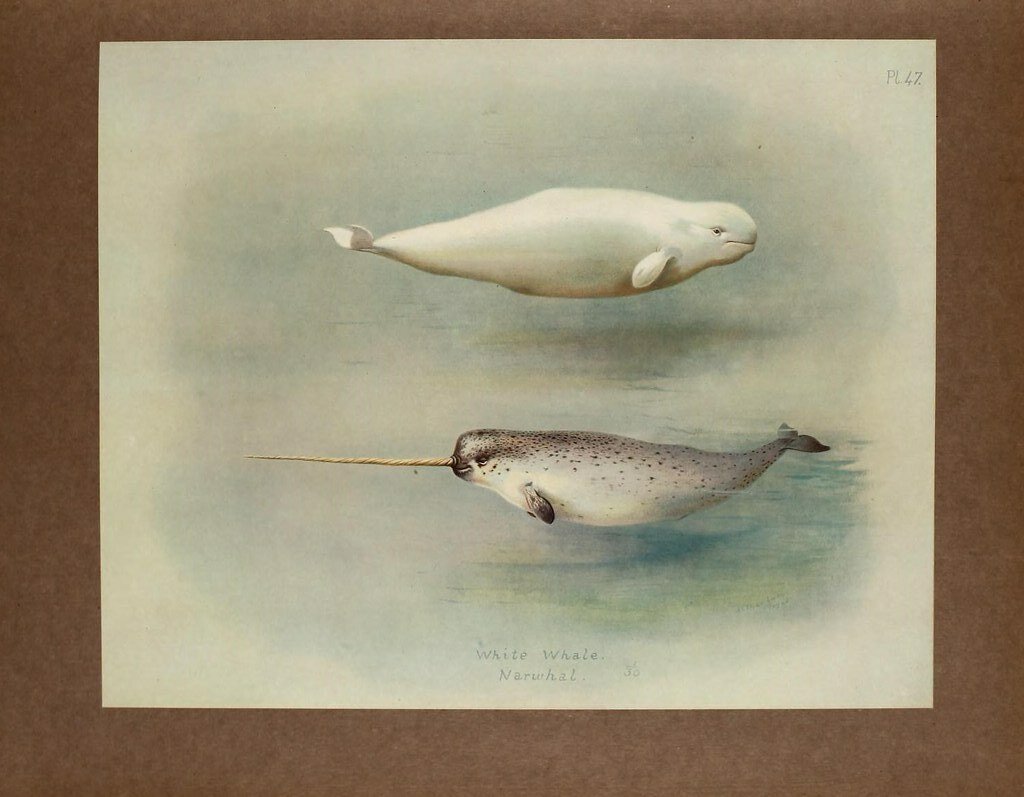
One recent phenomenon of “befriending” in the St. Lawrence Estuary found a group of beluga whales adopting a juvenile narwhal who was astray. To this day, the Narwhal still travels with the group of belugas and engages in social and sexual behaviors with them. This type of empathy and open-mindedness to other species is yet again proof of their deep emotional intelligence.
This incredible real-life example showcases the beluga’s innate desire to help and heal – a trait that resonates strongly with Pisces’ reputation as the zodiac’s natural healers and helpers. The fact that they didn’t just help the lost narwhal temporarily but actually adopted it into their family demonstrates the same kind of unconditional love and acceptance that Pisces individuals are known for.
Intuitive Communication Beyond Words
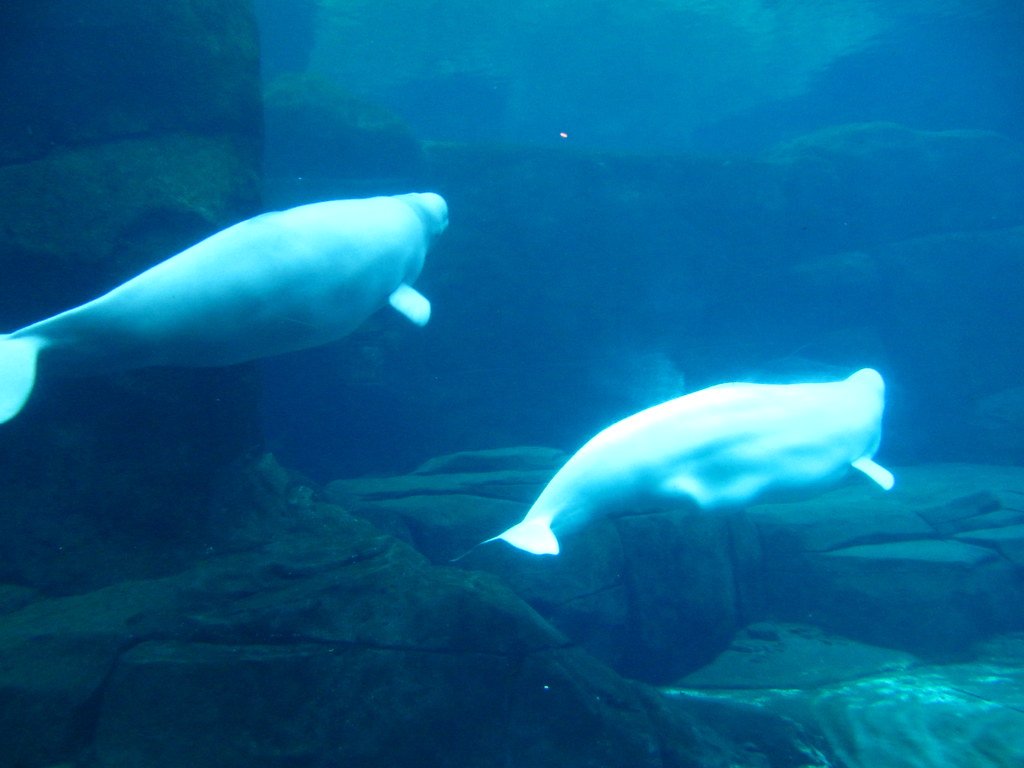
Individual belugas are also thought to have signature calls through their diverse vocal range and can hold dialogues over distances. Belugas also have a wide range of facial expressions. This multi-layered communication system mirrors how Pisces individuals often communicate – through a combination of words, expressions, energy, and unspoken understanding.
Studies on belugas in zoological environments indicate that they seek out physical contact with other belugas. This need for physical and emotional connection reflects the Pisces desire for deep, meaningful relationships rather than surface-level interactions.
Seasonal Rhythms and Emotional Cycles
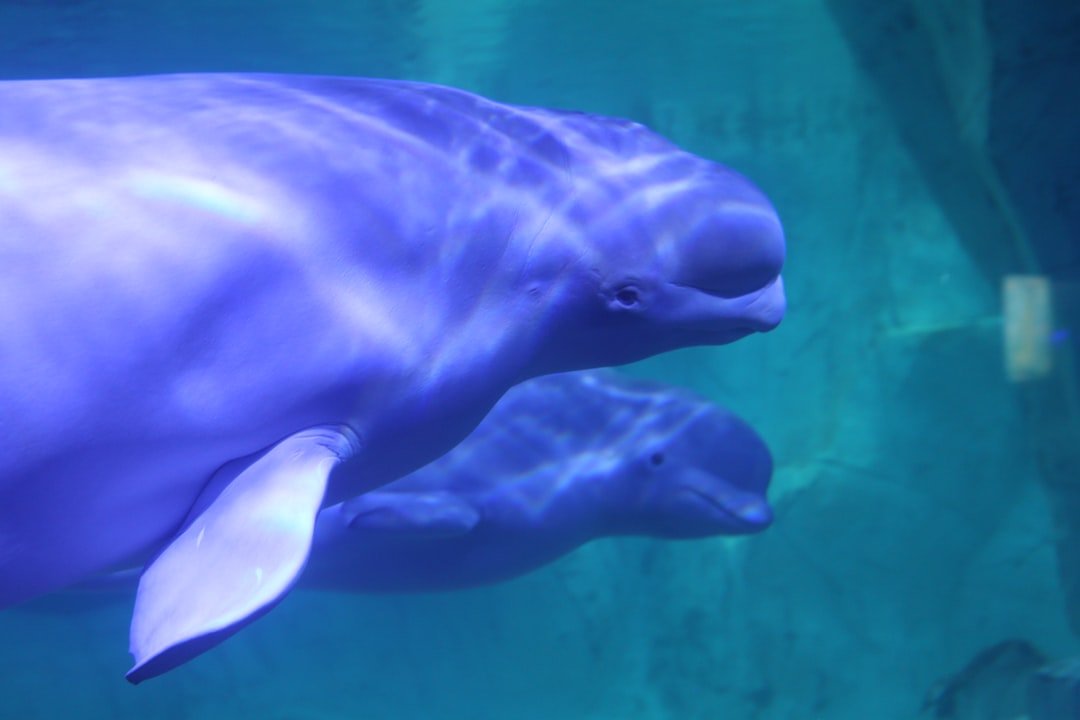
In the summer, they like shallow coastal waters, even swimming up estuaries and river deltas to take advantage of spawning fish. In the winter they like to swim around thin or moving sea ice, which they can break through to breathe. This seasonal migration pattern reflects the natural ebb and flow of emotional energy that Pisces individuals experience throughout different phases of their lives.
Just as belugas adjust their location and behavior based on seasonal changes, Pisces individuals often find themselves naturally adapting their emotional responses and social needs based on the energetic seasons of their lives. Sometimes they need the shallow, warm waters of close relationships, and other times they need the stark clarity of solitude to process their experiences.
The Perfect Reflection
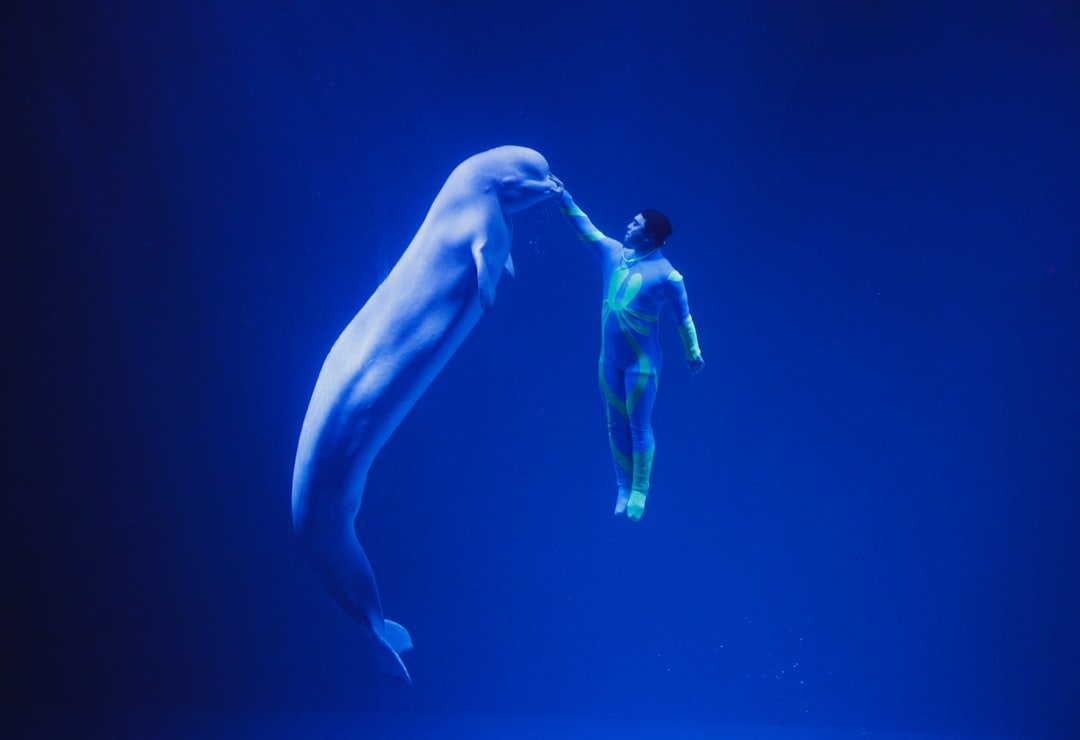
When you look at all these characteristics together, beluga whales emerge as the perfect Arctic reflection of Pisces’ deep sensitivity. They possess the emotional intelligence, empathy, adaptive communication, and nurturing nature that defines this water sign. Both belugas and Pisces navigate their worlds through feeling rather than just thinking, using their extraordinary sensitivity as a superpower rather than a weakness.
These interactions are essential for their social well-being and help mitigate stress, especially in challenging environments. In the same way, Pisces individuals use their emotional connections and supportive relationships to navigate life’s challenges, turning their sensitivity into a source of strength for themselves and others.
The Arctic’s beluga whales prove that sensitivity isn’t a liability – it’s an evolutionary advantage that creates stronger communities, deeper relationships, and more resilient individuals. For any Pisces who has ever felt too sensitive for this world, the belugas of the Arctic stand as living proof that deep feeling and emotional intelligence are not just valuable, they’re essential for thriving in even the harshest environments.

Jan loves Wildlife and Animals and is one of the founders of Animals Around The Globe. He holds an MSc in Finance & Economics and is a passionate PADI Open Water Diver. His favorite animals are Mountain Gorillas, Tigers, and Great White Sharks. He lived in South Africa, Germany, the USA, Ireland, Italy, China, and Australia. Before AATG, Jan worked for Google, Axel Springer, BMW and others.




